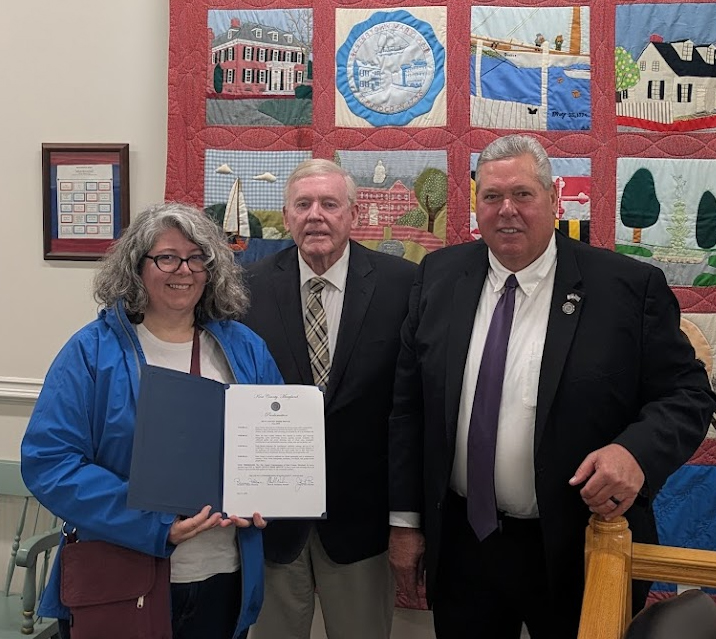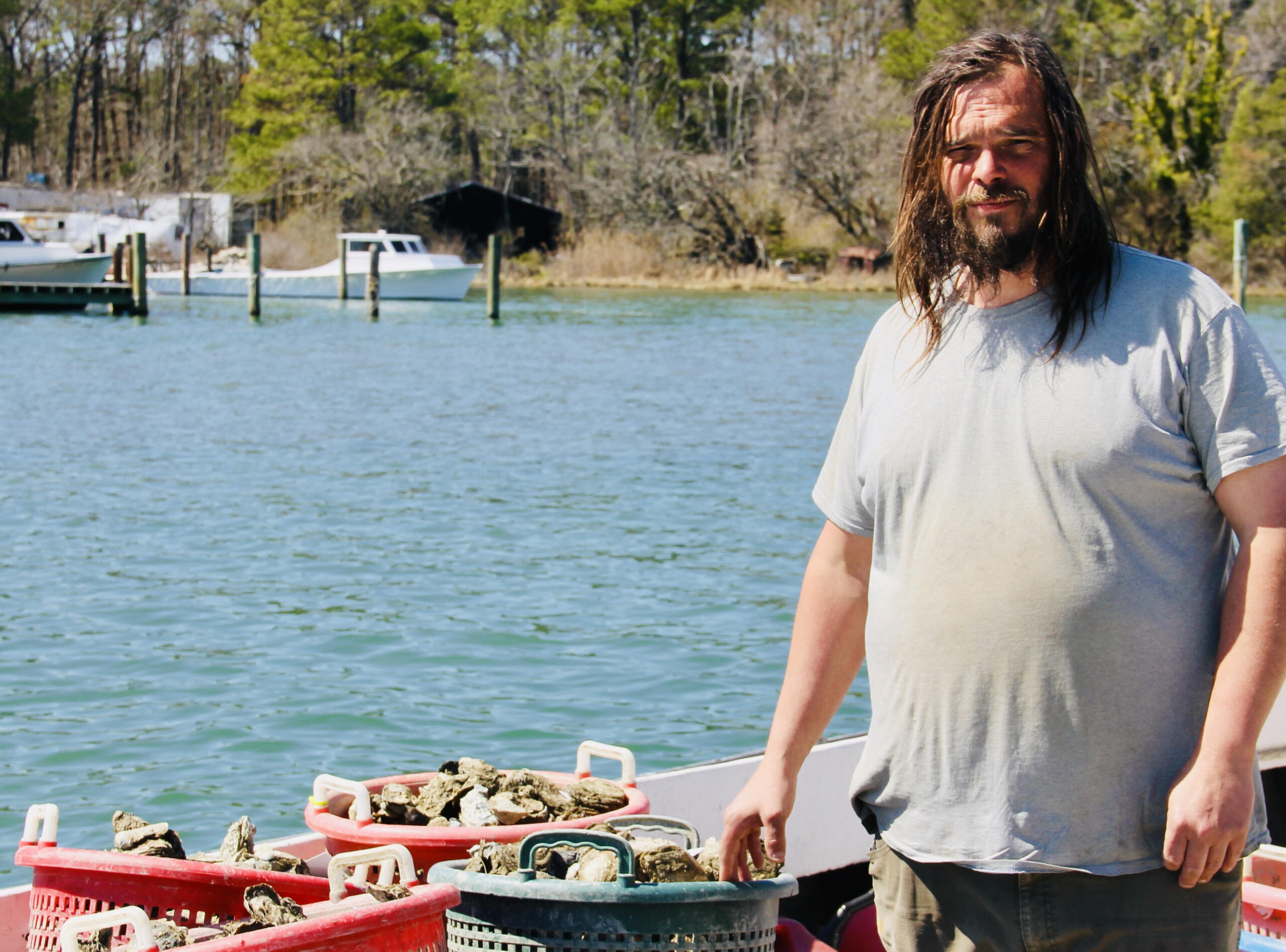 Join ShoreRivers this summer for its beloved big-tent party on the banks of the Chester River!
Join ShoreRivers this summer for its beloved big-tent party on the banks of the Chester River!
Scheduled for Saturday, June 28, at Wilmer Park in Chestertown, ShoreRivers’ annual Solstice Celebration includes an open bar with Ten Eyck beer, Crow Vineyards wine, and a signature cocktail and mocktail; hors d’oeuvres and a full buffet dinner and dessert; and live music and dancing. The celebration begins at 6pm and continues through dusk with a rousing live auction where guests will bid on exceptional artwork, trips to enticing destinations, and more.
“It’s our privilege to host this signature annual event to celebrate the start of summer,” says Isabel Hardesty, Executive Director of ShoreRivers. “Coming together at the riverside drives home our mission — and our collective duty — to protect our waterways. This year’s event will be particularly special as we honor Captain Andrew McCown with the ShoreRivers Award for Environmental Stewardship in appreciation for his lifelong pursuit to share his curiosity and reverence for the Chester River with students of all ages.” This custom-designed award is given annually to an individual or entity in the Chesapeake Bay watershed in recognition of their transformational accomplishment as a steward of the environment.
The celebration will feature the culinary talents of Chestertown favorite and friend of ShoreRivers Occasions Catering, who believes in providing food that’s locally sourced, lovingly prepared, and elegantly served. Throughout the evening, guests will enjoy live music by Judd Nielsen and Friends, and admire stunning floral arrangements courtesy of Wildly Native, a family farm in Chestertown, Md., that focuses on hand-selected, in-season flowers that are harvested locally at the peak of bloom.
Following the live auction, all guests are invited to raise their paddle in support of science-based advocacy, education, restoration, and engagement efforts led by our Riverkeepers. All funds raised during this event will go directly to support ShoreRivers’ work for thriving waterways cherished by all communities. Buy your tickets, secure your table through a sponsorship, and find more information at shorerivers.org/events.








